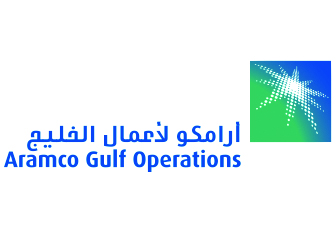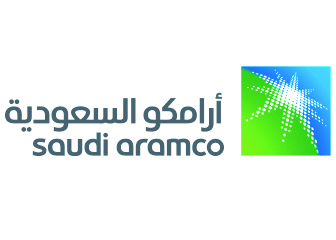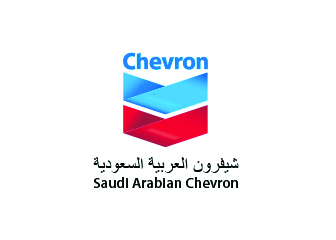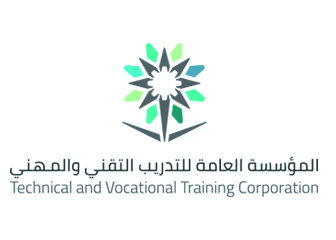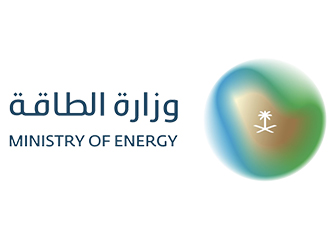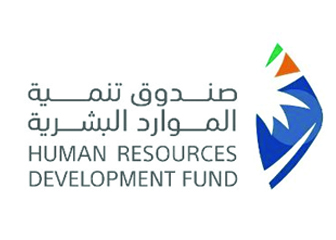Employability is about more than having appropriate qualifications, technical skills or a specific body of knowledge.
Program Aims
Employability training is a new training initiative at SPSP which came at the request of our sponsoring companies. The program was written to suit the needs of graduates entering the world of work. The program focuses on giving trainees the soft skills and work ethics that they need for starting their new career.
Employability is about more than having appropriate qualifications, technical skills or a specific body of knowledge. To be able to participate effectively in the workplace and fulfil their potential throughout their careers, employees also need transferable core skills and appropriate attitudes. Many of these core skills (often referred to as ‘soft skills’) are social skills, higher level thinking skills and personal, emotional skills.
Our strategy for the development of this program was conceptualized with the primary objectives of:
- Bridging the skills gap among young Saudis.
- Changing perceptions about careers in the oil and gas industry.
- Fostering a sense of ownership and pride in contributing to a sector that’s pivotal to the nation’s economy.
- Preparing young Saudi graduates for their future employment.
Course Topics
Trainees have lessons in employability skills every week during their first year at SPSP. The topics are supported by field trips to the trainees’ future work sites and regular meetings with employers to ensure trainees are exposed to the work environment early on in their training.

Customer Feedback
Line managers in sponsoring companies have indicated that our employability program is having a direct impact on the trainee’s transition from college into the workplace and that employees have the right expectations and are much more satisfied at work.


